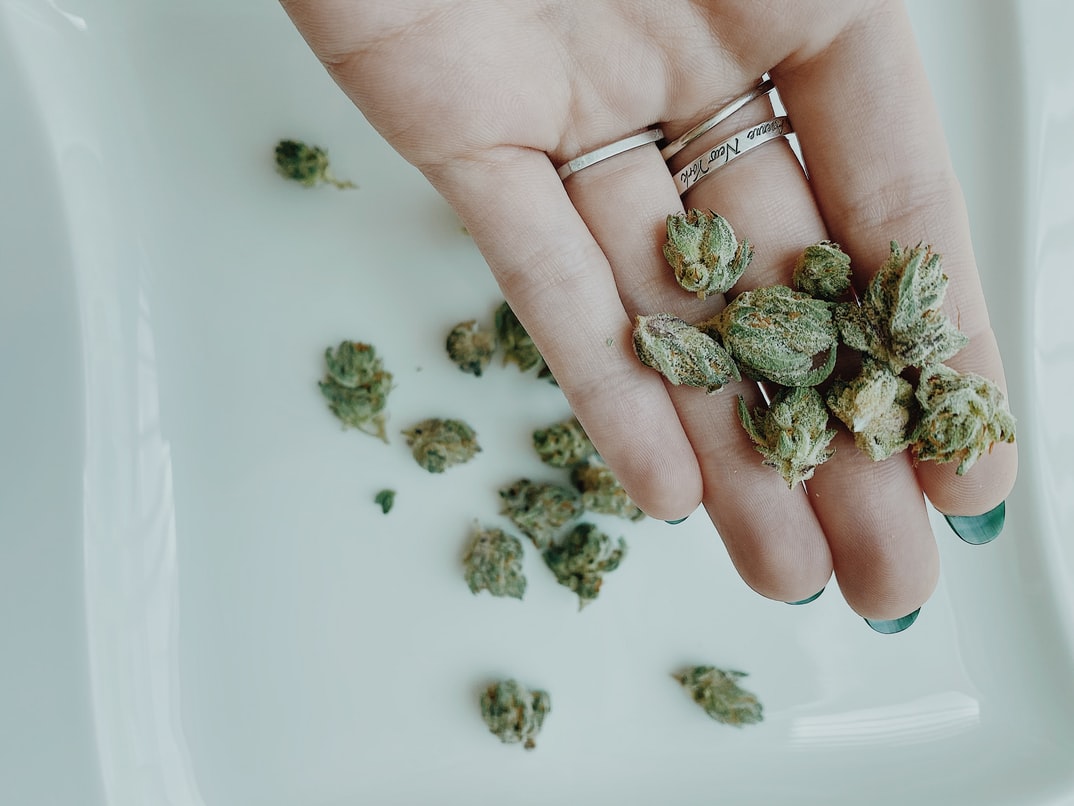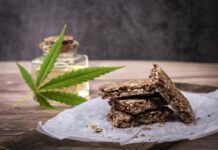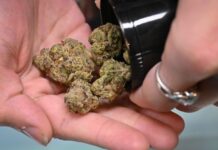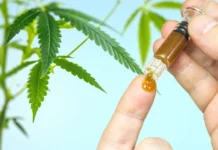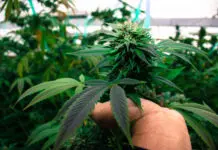Delta-8 THC, often known as “delta 8,” has lately been more widely available in convenience shops and pharmacies, along with CBD edibles, oils, and lotions. THC-O, the psychoactive component of cannabis, delta-9 THC, is intimately linked to delta-8 THC, generated from hemp and responsible for the euphoric feeling experienced by cannabis users.
People who support marijuana say it helps with pain alleviation and relaxation without causing anxiety or paranoia because of their evidence. The inhalation and ingestion of delta-8 THC are identical to the typical inhaling and ingesting marijuana. In contrast, we smoke on a minimal basis.
However, research on this chemical has been scarce in recent years. A survey of delta-8 THC users was the first step in our study as public health professionals looking to understand who was using it and why and the potential adverse effects on their health and well-being. A third is delta-8 THC, a cannabinoid derived from marijuana. In another way is an isomer of the psychoactive chemical THC.
Ways Delta-8 THC differs from other cannabinoids
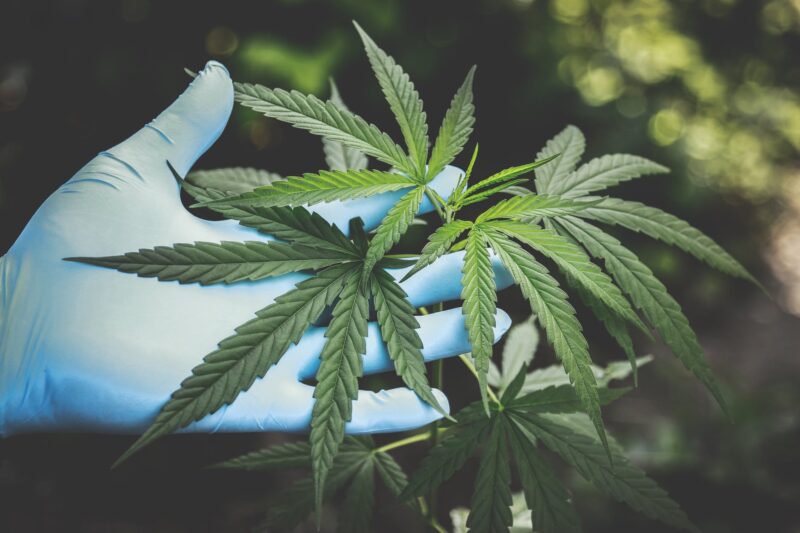
There are several ways Delta-8 THC differs from other cannabinoids. CB1 receptors are abundant in human brains, and this molecule has a decreased affinity for CB1 receptors due to a double bond in the carbon ring. It’s thus probable that it’ll be less potent than THC and give a lower high.
Both delta-8 THC and the more well-known delta-9 THC have structural similarities in their chemical makeup. Just one double bond within a carbon ring is all that separates these two structures.
The DEA considers the production of delta-8 THC artificially to violate federal law. Delta-8 THC concentrations are too low when marijuana is grown in its natural habitat; therefore can’t be effectively smoked. If effective, it must be chemically synthesized from a starting material or converted from another cannabinoid like CBD.
In contrast, the hemp industry’s delta-8 THC products have become one of the fastest-growing sectors. Particularly in places where THC products are still illegal and highly limited medical treatment, they seem to be particularly popular.
This specific cannabinoid in marijuana has gotten a scant amount of study. An experiment conducted in 1973 found that the effects of delta-8 THC were equivalent to those of THC but less powerful. Another 1995 study found that you might use delta-8 THC therapeutically to counteract the side effects of chemotherapy.
Comparison
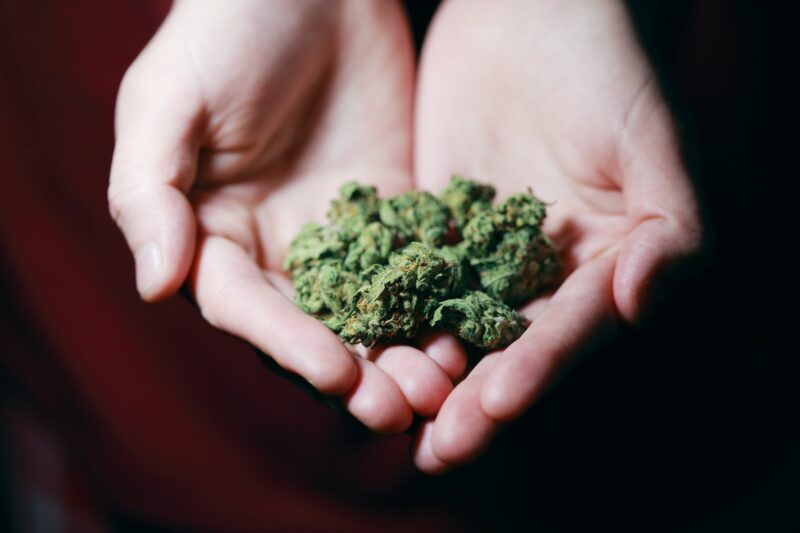
The majority of Delta-8 THC was taken via candies and tinctures or breathed through vaping, which may be safer alternatives to traditional smoking than traditional smoking. About half of the people who participated in the study used Delta 8 to treat health or medical issues.
In the poll, around a third of people said they only used delta-8 THC to address medical conditions and not for recreational purposes. Anxiety and panic attacks and chronic pain, depression, and bipolar illness were all alleviated by delta-9 THC usage.
May have treated all of these ailments in various ways. In comparison to THC, participants perceived Delta-8 THC to be less intense, which we were expecting.
What makes their encounters so extraordinary?
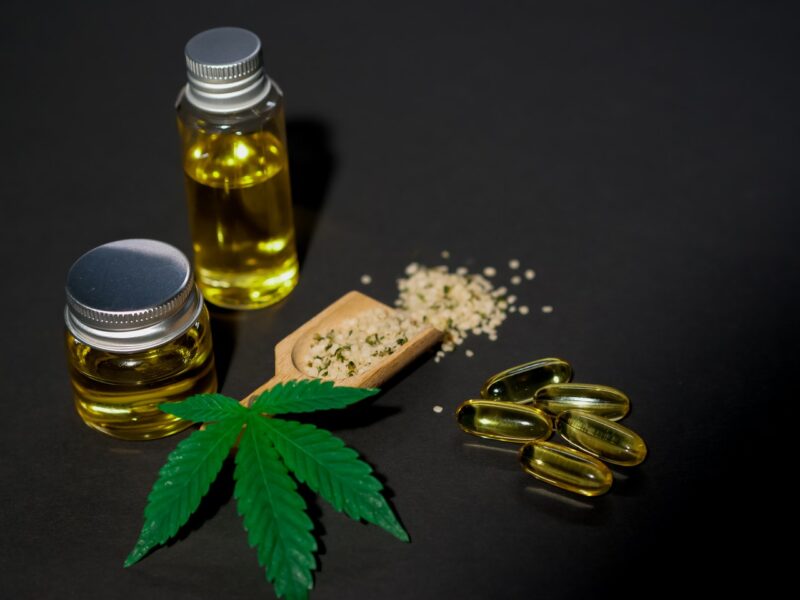
THC and delta-8 THC have similar effects on relaxation and pain reduction compared to one another. It creates fewer cognitive distortions, such as an altered sense of time, problems with short-term memory, and difficulties focusing even though it seems to provide a lower amount of pleasure. Many consumers have praised Delta-8 THC for allowing them to stay productive while using it. They also used THC products for recreational reasons due to their more powerful and mind-altering qualities. Stressful mental states such as anxiety and paranoia were also less common among research participants than in general.
As a consequence of using delta-8 THC to cure their concerns, most clients decreased or stopped using prescription drugs and THC products. As a result of this research, delta-8 THC is superior to pharmaceutical medications in terms of side effects and addictiveness and efficacy and safety, availability, and affordability.
Those who took the survey expressed skepticism about their primary care physician’s ability to treat them with medicinal cannabis. That is why so many people don’t inform their doctors that they’re substituting delta-8 THC for their prescription drugs. It is clear that more study and more education for healthcare practitioners on cannabis and its derivatives is required; there is still a divide between people who use cannabis to self-medicate and those who seek traditional treatment.
Were There Any Other Options?
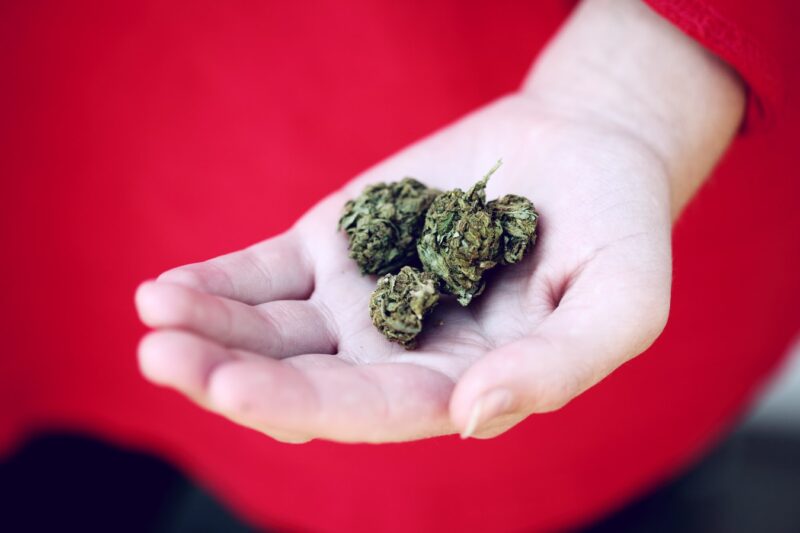
More than a dozen states in the Due to a lack of study, the United States has outlawed the sale of delta-8 THC products on the psychoactive effects of delta-8 THC and concerns about contamination with heavy metals and other toxic substances, among other reasons. However, consumers can still purchase delta-8 THC products from convenience stores and hemp shops in many states. For more details, check trehouse.com.
Although delta-8 THC products may deliver a significant portion of the medicinal and experiential advantages of marijuana while posing fewer hazards and incurring fewer side effects, the sale of delta-8 THC has been illegal in various areas. There seems to be a contradiction here, given that many jurisdictions allow for the recreational use of cannabis and hemp products.
Customers’ safety is currently unregulated and unprotected. A black market might develop for substances with high consumer demand, such as delta-8 THC. Consumer safety concerns could arise from criminalizing them since there is no mechanism to control and defend consumer safety.
Bottom Line
Marijuana laws are still a set of rules and standards, despite this. Legislators should fight for further research into the potential benefits of cannabis as an alternative therapeutic and pharmaceutical choice since more and more Americans are using it for medicine and there are many benefits. However, still, there is a lack of studies and research on delta 8 effects.

